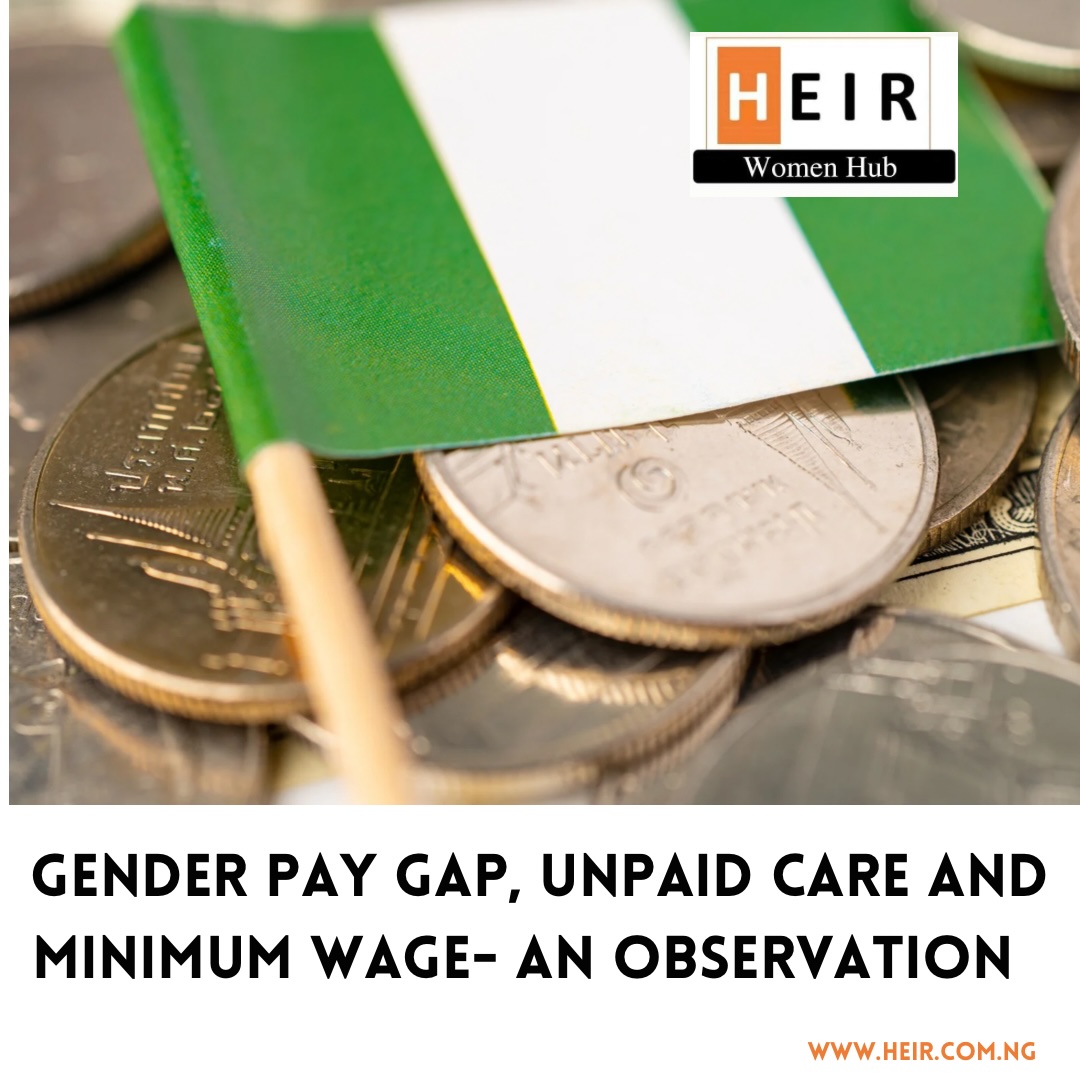
Nigeria moved 16 places up in the new ranking of the global gender pay gap index compared to 2021. Nigeria ranks 123rd out of 146 countries according to the World Gender Gap report 2022. While there’s some movement, there is still a very far journey to make.
The recent protests by the Labour Union have been along the lines of increase in the current minimum wage. This simply means that a minimum wage is what is expected to be paid to working population ‘at the minimum’. It also requires that employers are mandated not to go below the approved rate but can well go above it. Does this mean that everyone gets the minimum wage? That’s a long debate that’s still ongoing. NLC organised around a minimum wage of 27.000 Naira in the previous government under Mohammed Buhari and got an approval of 30,000 Naira instead. The current negotiations between the Nigerian Government and NLC is ongoing and the asking minimum wage is 8 times more.
The economic situation has evolved and the Nation struggles with a cost of living crisis. While minimum wage is at 30.000 Naira, the costs of food, amenities and services, are no longer affordable for the population. While this is happening, the NLC sees law makers earnings and entitlements as selfish and unpatriotic. In all of this, I look at the underlay of this with a gender lens, interrogating the impact of minimum wage on women.
Women are already faced by gender pay gap in Nigeria- men are set to make more than women, are positioned in employments, lucrative roles, access to businesses loans, privileged to be in positions of authority, leadership and decision makers way more than women. So one must wonder that, should a minimum wage be approved, will this mean men and women will receive the same rate for same roles or not? Societal expectations and norms have positioned women to be nurturers and care givers with the burden of unpaid care for the home placed on women. While men have been socialised to provide financially, women who carry the ‘extra’ role to support in providing, also provide nurturing and domestication. The system is set up to place women behind. Historically and according to African scholars on colonisation, women and men had no distinct divisions of labour until the Western colonisers demarcated the roles, forcing men into waged labour. Women are domesticated to provide unpaid care, earn less on same positions that men occupy and face limited access to positions that the men have.
The ranking on gender gap parity, uses parameters like economic participation and opportunity, educational attainment, health and survival, political appointment and financial exclusion/wealth accumulation of the female gender in the world. None of this parameters positions women favourable in Nigeria. Women in positions of authority have seen the lowest representation in all of the Senate leadership- 10th Senate. While we have a blanket pay and entitlement for each NASS member, it will be interesting to know the equity in earnings for men and women in the Nigerian Senate.
Nigeria has an unequal gender representation in leadership and decision making positions. If women were represented equitably, perhaps issues on economic injustice, unpaid care, salary inequities and employment challenges maybe better represented. Nigeria Labour Congress (NLC) leadership is represented by a man. Ministry of Labour is represented by a woman. Nigeria has less than 65% wealth equality. The factors responsible for the inequality in wealth are; gender pay gaps, gender gaps in financial literacy, life events that influence women’s participation in paid work and ability to accumulate wealth. (Dataphyte 2020).
Negotiations are currently on the minimum wage for workers and its inability to cushion the cost of living crisis. When will Nigeria discuss the gender pay gap that exists?
Añuli Aniebo.
